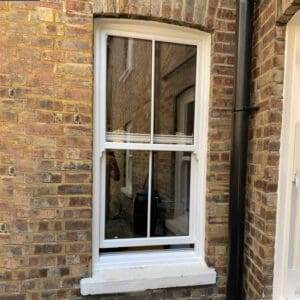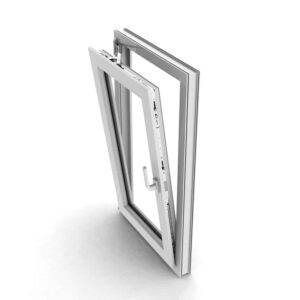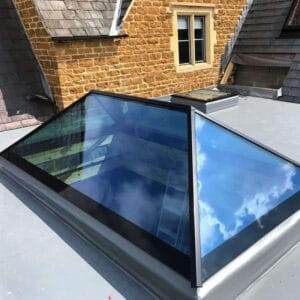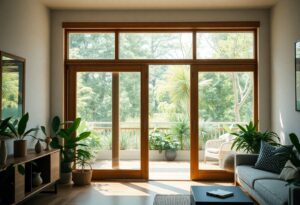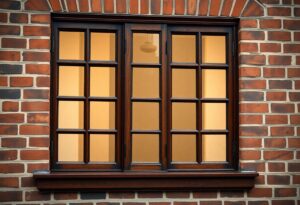Lacklustre windows can have a detrimental impact on the overall energy efficiency and security of your home. It is important to be aware of the 5 key signs that indicate it may be time to replace your windows. Not only do old and worn-out windows detract from the aesthetic appeal of your property, but they can also pose serious risks to your safety and comfort. In this blog post, we will highlight the most important indicators that it’s time to invest in new windows and discuss the potential benefits of doing so for your home.
Key Takeaways:
- Drafts and Air Leaks: If you notice drafts or air leaks around your windows, it may be a sign that it’s time to replace them.
- Deterioration: Look for signs of deterioration such as rotting, warping, or water damage on your window frames and sills.
- Increased Energy Bills: Old and inefficient windows can lead to higher energy bills, so keep an eye on any sudden increases in your energy costs.
- Noise Pollution: If you’re experiencing a lot of outside noise coming through your windows, it could be a sign that they’re no longer providing adequate insulation.
- Difficulty Opening and Closing: If you struggle to open or close your windows, or if they’re stuck in their tracks, it’s probably time for a replacement.
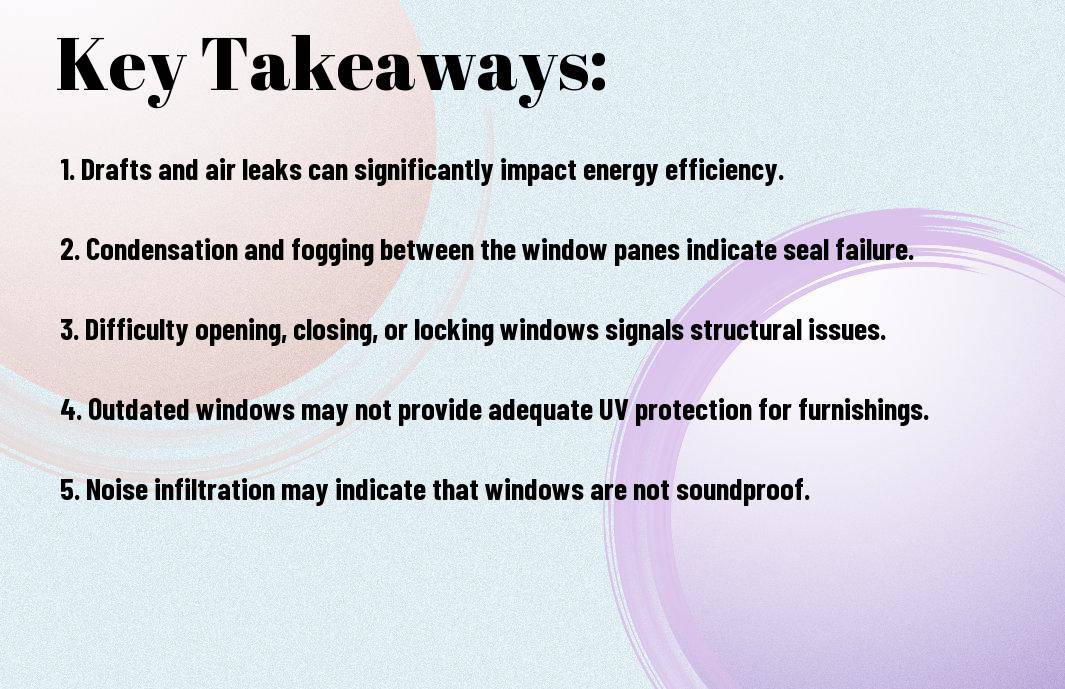
Energy Efficiency Decline
If you’ve noticed a rise in your energy bills and your home feels drafty and uncomfortable, it may be time to consider replacing your windows. According to Five Signs It’s Time for New Home Windows, outdated or worn-out windows can significantly contribute to your home’s energy efficiency decline.
Rising Energy Bills
One of the first signs that your windows may need replacing is a noticeable increase in your energy bills without a corresponding change in your energy usage. As windows age, they can develop gaps and cracks that allow unwanted heat exchange, causing your heating and cooling systems to work harder to maintain a comfortable indoor temperature. This leads to higher energy consumption and increased utility costs.
Drafts and Air Leaks
Another clear indication that your windows are failing is the presence of drafts and air leaks around the window frames. These drafts not only make your home feel less comfortable, but they also allow for temperature imbalances that can put strain on your HVAC system and lead to inefficient energy use.
If you’re noticing drafts or cold spots near your windows, it’s important to address this issue promptly to prevent further energy loss and potential damage to your home.
Operational Issues
Difficulty in Opening or Closing
One of the first signs that it’s time to replace your home’s windows is if you’re experiencing difficulty in opening or closing them. This could be due to a number of factors, such as warping of the frames, worn out hinges, or damaged tracks. If you find yourself applying excessive force just to open or close a window, it’s a clear indication that the windows have become inefficient and are in need of replacement.
Damage to Window Frames and Sashes
If you notice visible damage to the window frames and sashes, such as cracks, rot, or decay, it’s a sign that the structural integrity of the windows is compromised. Damaged frames and sashes not only affect the aesthetic appeal of your home, but they can also lead to energy efficiency issues and potential security risks.
It’s important to address this issue promptly to avoid further damage and to ensure the safety and security of your home. Replacement of damaged frames and sashes can significantly improve the overall performance of your windows, providing better insulation and enhancing the security of your home.
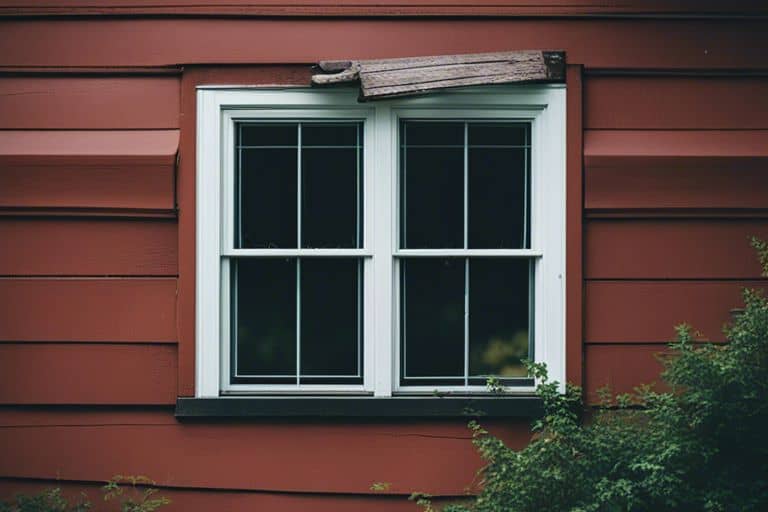
Aesthetic and Physical Deterioration
When it comes to replacing your home’s windows, one crucial factor to consider is the aesthetic and physical deterioration of the existing windows. Over time, windows can deteriorate both in terms of appearance and structural integrity. 5 Signs It’s Time to Replace Your Windows – Fixer provides more information on this topic, helping you to identify when it’s time for a replacement.
Fading and Discoloration
One common sign of aesthetic deterioration in windows is the fading and discolouration of the window frames and glass. This can be caused by prolonged exposure to harsh weather conditions, UV rays, and the natural ageing process. Not only does this affect the overall appearance of your home, but it can also indicate a decrease in the window’s energy efficiency and structural integrity.
Condensation and Glass Issues
Another sign of physical deterioration is condensation and other issues with the glass itself. Condensation between double or triple glazing, cracks, chips, or scratches on the glass are warning signs that your windows are no longer effectively insulating your home and may pose a safety hazard. Ignoring these issues can lead to increased energy bills and potential security risks.
It’s essential to address condensation and glass issues promptly to prevent further damage to your home and ensure the safety and comfort of your family. If you notice any of these problems, it’s advisable to seek professional advice and consider replacing your windows.
Advancements in Window Technology
As technology continues to advance, so do the features and capabilities of home windows. The latest window technologies offer a range of benefits, from improved security to enhanced energy efficiency. It’s important to stay informed about these advancements to ensure that your home is equipped with the best possible windows.
Improved Security Features
Modern windows come with a range of improved security features, such as multi-point locking systems, laminated glass, and reinforced frames. These advancements provide greater protection against forced entry, giving homeowners peace of mind and a heightened sense of security.
Enhanced Sound Insulation
One of the most notable advancements in window technology is enhanced sound insulation. Newer windows are designed to minimise outdoor noise, creating a quieter and more peaceful indoor environment. This is particularly beneficial for homes located in busy urban areas, near airports, or alongside busy roads.
Enhanced sound insulation in windows is achieved through the use of specialised glass and framing materials, which work together to reduce the transfer of noise from the outside environment to the interior of the home. This can significantly improve the overall comfort and livability of a property, making it a highly desirable feature for many homeowners.
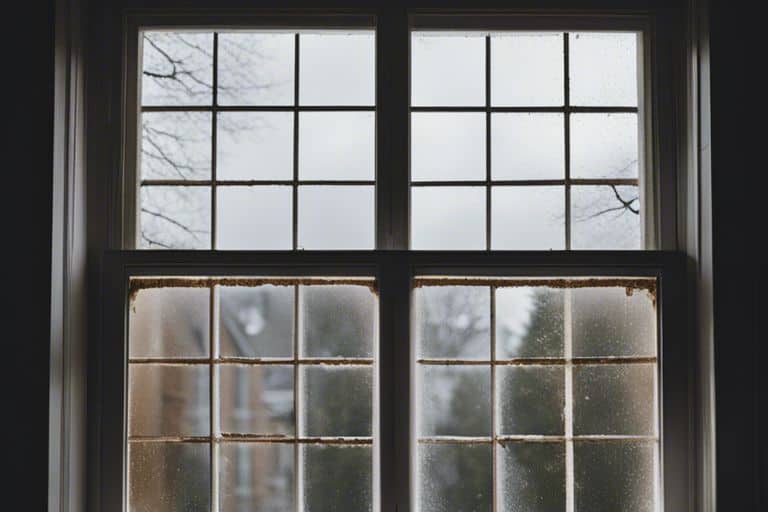
5 Signs It’s Time to Replace Your Home’s Windows
In conclusion, it is important to be aware of the signs that indicate when it’s time to replace your home’s windows. From increased energy bills and difficulty opening and closing windows to visible damage and condensation between panes, these warning signs should not be ignored. By understanding and addressing these indicators, homeowners can improve their home’s energy efficiency, security, and overall curb appeal. It’s crucial to consult with a professional window replacement expert to assess your specific needs and ensure the installation of high-quality, durable windows that will enhance the comfort and value of your home. Keeping an eye out for these signs and taking proactive measures will ultimately lead to a more comfortable, safe, and aesthetically pleasing living space.
FAQ
Q: What are the signs that it’s time to replace my home’s windows?
A: Signs that it’s time to replace your home’s windows include: drafts or leaks, difficulty opening or closing the windows, increased energy bills, visible damage or decay, and excess outside noise.
Q: How often should I replace my home’s windows?
A: The average lifespan of windows is about 15-20 years. However, factors such as weather exposure, maintenance, and material quality can affect this timeframe.
Q: What are the benefits of replacing my home’s windows?
A: Replacing your home’s windows can improve energy efficiency, enhance security, increase property value, improve curb appeal, and reduce noise pollution.
Q: What type of windows should I consider for replacement?
A: Consider energy-efficient windows such as double or triple glazing, as well as materials like uPVC, aluminium, or timber, based on your specific needs and budget.
Q: How much does it cost to replace my home’s windows?
A: The cost of replacing windows varies based on factors such as size, material, style, and installation. On average, homeowners can expect to spend between £400 and £800 per window.


